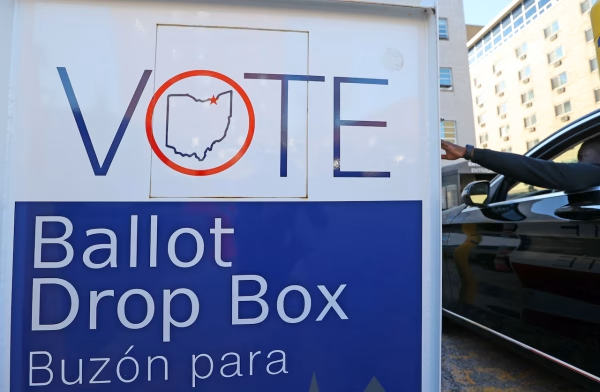Court Blocks South Carolina’s Discriminatory Voter ID Law for 2012 Election
However, Federal Judge Rules Law Could Be Implemented Starting Next Year
FOR IMMEDIATE RELEASE
CONTACT: (212) 549-2666; media@aclu.org
WASHINGTON – A federal court blocked South Carolina’s discriminatory voter ID law from taking effect this year. However, it cleared the path for the measure to take effect in future elections starting next year.
“We’re glad that thousands of voters who faced being denied access to the polls will get to vote next month, but are concerned about what lies ahead,:” said Nancy Abudu, senior staff attorney with the ACLU Voting Rights Project. “This is a law that remains harmful regardless of when it is implemented.”
Today’s ruling by a three-judge panel at the U.S. District Court for the District of Columbia comes after five days of trial testimony in August and an oral argument on Sept. 24. The ACLU intervened in the Department of Justice case, South Carolina v. Holder, in order to represent impacted voters and groups and help protect the right to vote.
“The unnecessary burden of requiring certain kinds of photo ID is particularly damaging for our minority, senior and student voters,” said Victoria Middleton, executive director of the ACLU of South Carolina. “We’re disappointed the court didn’t make that connection.”
The court found that the South Carolina law in question, Act R54, was “not enacted for a discriminatory purpose.” Nonetheless, the decision noted: “We are fully aware, moreover, that what looks good on paper may fall apart in practice. We expect and anticipate that South Carolina state, county, and local officials will endeavor to prevent such slippage.”
The court said it would be too late to put the mechanisms in place to enforce the law for the Nov. 6 election and barred enforcement until 2013.
Under Section 5 of the Voting Rights Act, states with a history of discriminatory voting practices – including South Carolina – must have changes to their voting laws approved, or precleared, by the U.S. Department of Justice (DOJ) or the federal district court in Washington. DOJ blocked the law in December and on Feb. 7, South Carolina took the issue to court. The ACLU submitted two comment letters to DOJ opposing preclearance.
Over 178,000 of the state’s registered voters do not possess a valid form of ID. African-Americans account for about 30 percent of this number, but make up 36 percent of those without DMV-issued identification.
The ACLU and its affiliates have also intervened in a voter ID case in Texas, which was recently blocked by the Washington court, and have ongoing litigation against voter suppression laws in several other states including Pennsylvania, Wisconsin and Iowa.
To read the decision:
www.aclu.org/voting-rights/south-carolina-v-holder-decision
To read the ACLU’s motion to intervene in the South Carolina case:
www.aclu.org/files/assets/sc_motion_to_intervene_memo.pdf
To learn more about the ACLU’s work on voting rights:
www.aclu.org/pressroom/voting


